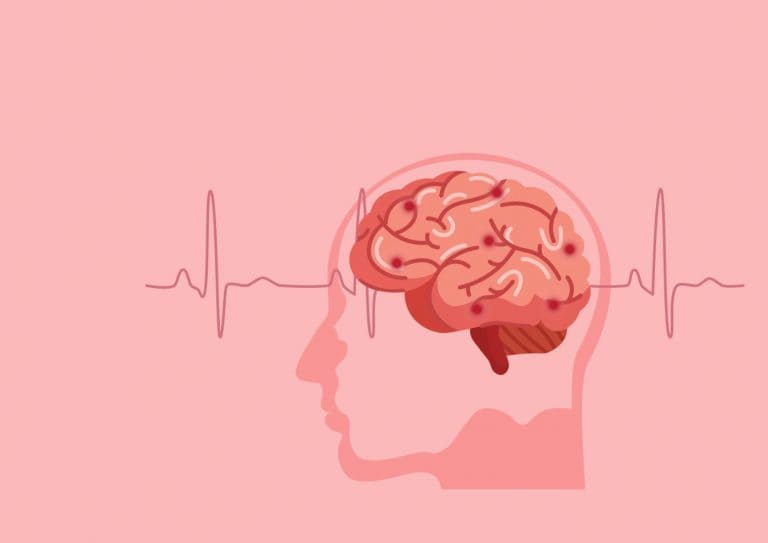
Attending University: A guide for students living with brain injury
A person with an aspiration to attend university does not have to put aside their plans if they are unfortunate enough to suffer a brain injury. Likewise, if a person suffers a brain injury during their time as a university student, they do not have to immediately abandon their studies.
In fact education and training providers have a duty under the Equality Act 2010 to anticipate the adjustments that disabled students may need so they are not substantially disadvantaged compared to non-disabled students.
The pandemic circumstances do not alter this duty, although sadly, it has become apparent that disabled students found it more difficult to study in the 2019/20 summer term. Teaching during this time was largely delivered online due to the coronavirus lockdown measures and this had a negative impact on disabled students, including students living with brain injury.
In this blog, I will firstly take a look at how students with brain injury are likely to be affected by continued remote learning.
Second, I will consider some other issues that may affect brain injured students beyond the pandemic.
How are students with brain injury likely to be affected by remote learning?
Some ways in which remote and online learning might make things more difficult for brain-injured students are as follows:
Organisation and planning. Having a less structured day, for example, where course content is delivered in a format that is to be completed at a time that’s most convenient to the student, can throw students who have a brain injury off-track. Brain-injured people often find that having regular routines and schedules helps them to complete tasks. Without a schedule or set timeframes they can have real difficulty planning their days and as a consequence they may feel disorganised and fall behind with work.
Attention and information-processing. Lessons or interactive sessions that take place in an online video format may be difficult for brain-injured students to follow. Brain injury very often results in slower information-processing and problems with attention and concentration. These difficulties present challenges even in person, but online, the problems can be much worse.
Headaches, dizziness and fatigue. These symptoms are all commonly experienced by brain-injury survivors and they can be exacerbated by spending more time than usual looking at a computer screen.
Emotional difficulties. Irritability, frustration and anxiety are just a few of the emotional difficulties commonly experienced by people with brain injuries. Lockdown has been especially stressful for people with brain injuries and this can heighten the effects of their emotional difficulties, making it very difficult to study.
First and foremost education institutions need to take time to listen to each brain-injured student’s individual circumstances, to understand the difficulties they face and to work out how best to facilitate their ongoing learning.
Some strategies to assist during the pandemic might include:
- Additional computer software and/or equipment to increase their accessibility to online learning
- The provision of suggested daily/weekly schedules for online learning to provide structure and routine
- Recording of live online lessons/seminars to allow repeat watching
- Allowing extra time for completing work
- Encouraging regular breaks from study to combat fatigue and anxiety
- Setting up buddy support system
- Facilitating professional emotional support
- Scheduling regular meetings to check-in and see if any further adjustments to support learning need to be considered.
How can students be supported beyond the pandemic?
A return to ‘normal life’, whenever that happens, will not resolve all of the issues currently being faced by students living with a brain injury. The adjustments required are not prescriptive and should be tailored to the individual.
A few things that are more likely to cause problems for students living with brain injury once we are through the pandemic are as follows:
Not having access to necessary facilities whilst attending classes in person. A person who suffers from extreme fatigue as a result of their brain injury might, for example, benefit from having a dedicated space on campus to rest and/or a dedicated parking space close to their lecture hall. Likewise, if a student is required to take medication several times a day as a result of their brain injury, it might help them to have a private place to do this.
Adjustments to exam conditions. A student with a brain injury might need extra time in exams (especially if memory or information processing speed are issues) or a place to go for a rest break or to have a snack during an exam. They might need to use assistive technology or scribes, depending on their specific difficulties and they may even need a separate exam room. It will probably also be important for exam invigilators to be aware of any additional needs of the student.
Support for practical or field-work. This might include making specialist travel arrangements for a student who has difficulties using public transport or ensuring that there is designated parking close to a field-work site. Factoring in fatigue and the requirement for rest breaks during practical work could also be something that needs to be considered.
In summary, there is no fixed list of the adjustments that can be made for disabled students and the above are just a few examples of the types of adjustment a brain-injured student might need – the requirement is that the provider makes ‘reasonable adjustments.’
If a provider fails to make reasonable adjustments, the student can contact the disability adviser at their university. If the disability adviser is unable to resolve the issue, the next step is to pursue the internal complaints procedure, and if this also fails, Disability Rights UK have a Student information service helpline that can provide information on what to do next.
With the right planning, higher education providers can ensure that they are providing their brain-injured students with the best possible chance of a successful educational experience – throughout the pandemic and beyond.










